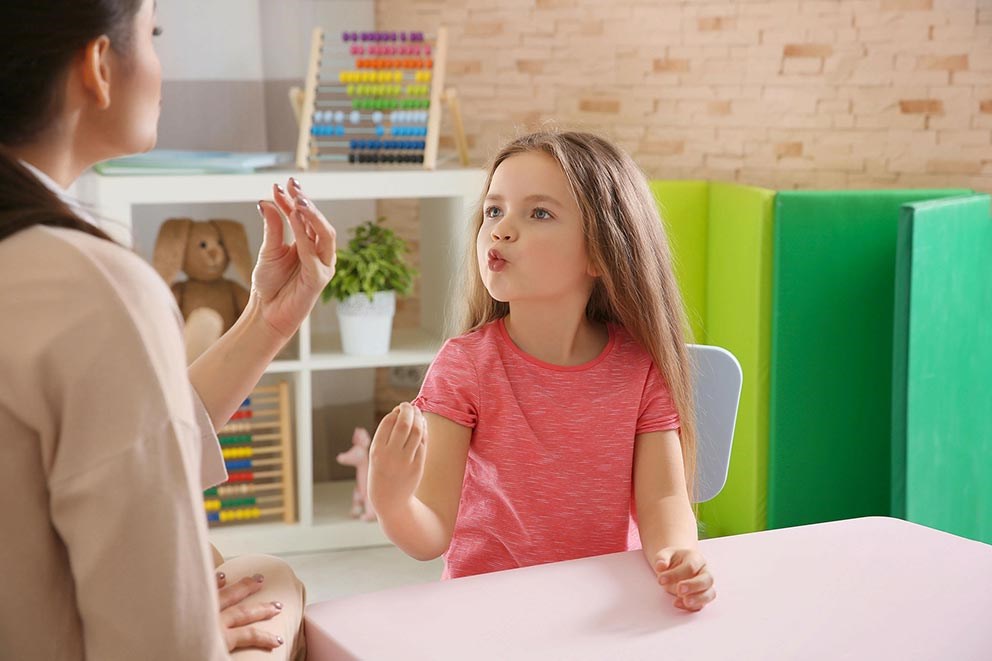What is Autism?
Autism is a spectrum condition, which means it is different for everyone. But in general, a person with autism will have some difficulty in three main areas:
- Communication
- Social Interaction
- Restricted and Repetitive Behavior
Some people with autism may be non-verbal or have difficulties with speech. They may not have any desire to form friendships or relationships with others. And some people with autism will have repetitive or restricted behaviors. For example, they may insist on doing things in a very specific way, or may become overly preoccupied with certain objects or routines.

